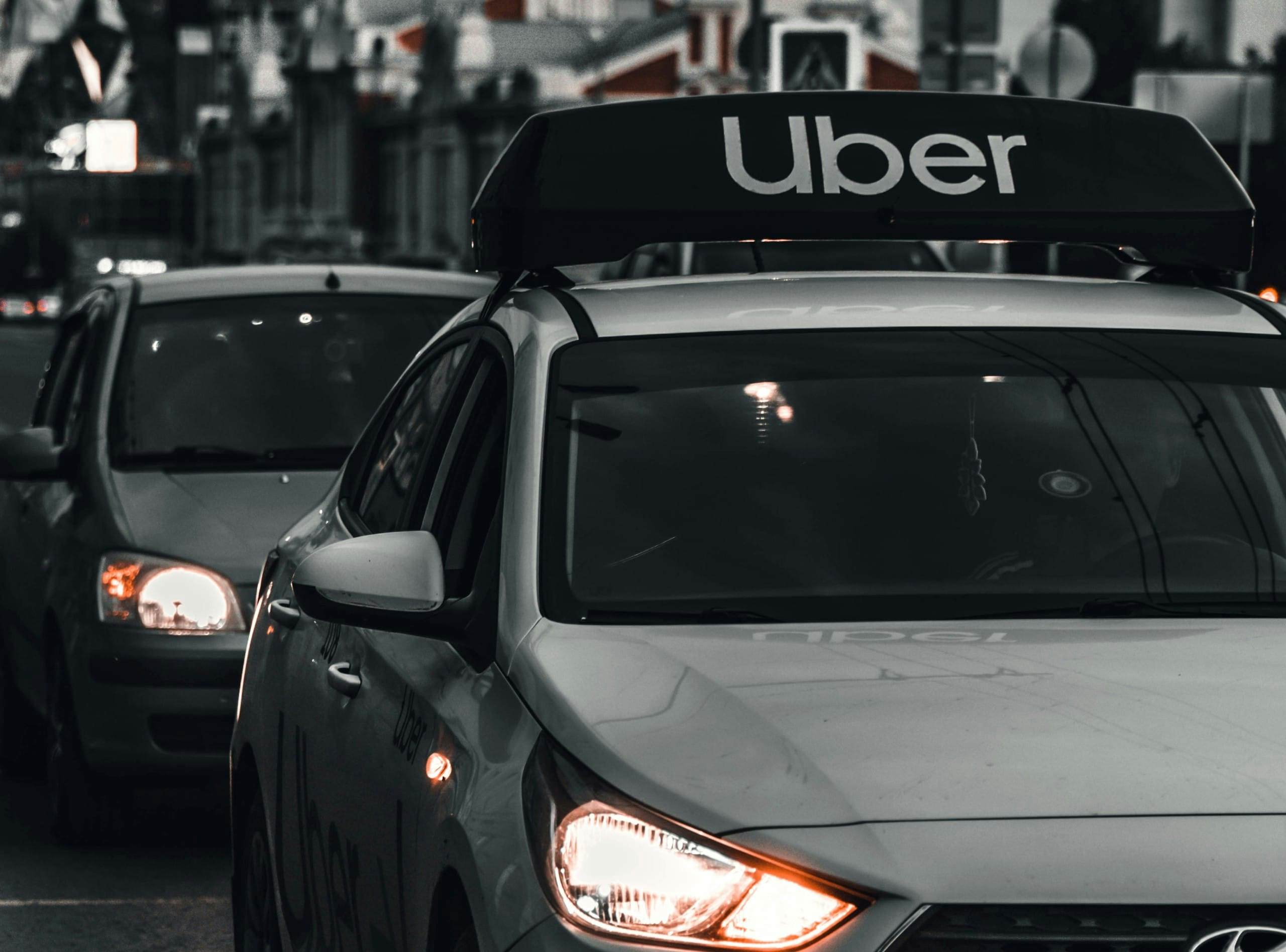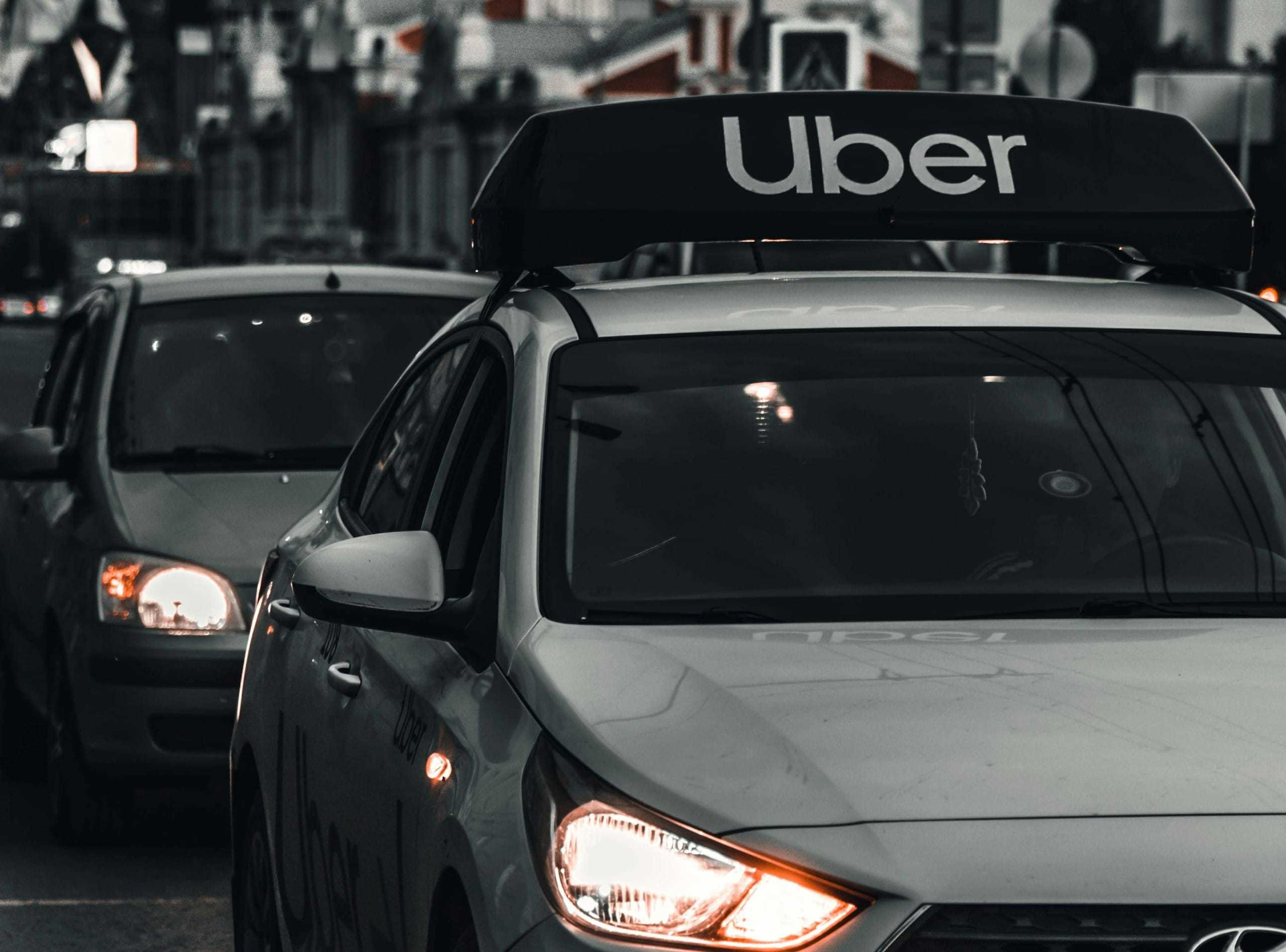On Election Day 2020, California voters approved one of the most expensive ballot measures in the state’s history, Proposition 22. The measure was both created and heavily campaigned for by Uber, Lyft, and DoorDash. With the passing of Proposition 22, these companies are permitted to bypass California labor laws which would have required them to classify their drivers as employees, rather than independent contractors. The Prop 22 victory is a major win for all companies relying on gig economy workforces. With a 58% victory with California voters, the success of Prop 22 goes against previous state laws and California Supreme Court rulings that stated workers who performed tasks in the course of the company’s regular business must be treated as employees. Under Prop 22, gig workers will remain independent contractors for the purposes of labor law.
The Gig Economy
In recent years, the technology industry has spurred what is now referred to as the “gig economy,” a catch-all descriptor for work that includes independent contracting, temporary work, or work obtained through third-party contract firms. Most tech companies, especially those based in transportation or delivery, such as Uber, Lyft, DoorDash, Instacart, and a plethora of others, rely on these nontraditional workforces to operate, without giving them benefits that full-time employees enjoy. As a result of evading the “employee” label, gig workers go without paid sick leave, health insurance, and other employment extras typically provided.
California’s Employment Classification Fight
The fight to classify these workers as employees in California had initially seemed hopeful back in August 2020, when the San Francisco Superior Court granted a preliminary injunction requiring Uber and Lyft to reclassify drivers as employees, pending a lawsuit filed by California Attorney General against the companies. Per the injunction, the defendant companies were required to comply with the California Labor Code, the Unemployment Insurance Code, and the Industrial Welfare Commission wage orders.
The court came to its conclusion by applying the “ABC test” codified earlier this year under California’s Assembly Bill 5. This is a test used to determine whether a worker can be classified as an independent contractor as opposed to the presumption of employee status. Originally set forth in the California Supreme Court case, Dynamex Operations West, Inc. v. Sup. Ct. of Los Angeles, 4 Cal.5th 903 (2018), workers are presumed to be employees under the employer can establish that:
A. The worker is free from the control and direction of the hiring entity in connection with the performance of the work, both under the contract for the performance of the work and in fact;
B. The worker performs work that is outside the usual course of the hiring entity’s business; and
C. That the worker is customarily engaged in an independently established trade, occupation, or business of the same nature as the work performed.
In granting the preliminary injunction, the court found that the government would have an “overwhelming likelihood” of ultimately prevailing on their claims that the defendants’ drivers should be classified as employees, requiring restitution to be made in the form of unpaid minimum and overtime wages, meal and rest period premiums, unreimbursed business expenses, unpaid sick leave, workers’ compensation coverage, unemployment and disability insurance, paid family and sick leave, and unpaid taxes. Notably, the court held that “[e]ven if [Proposition 22] passes, it would not moot out the People’s prayer for remedies for past violations.”
About a week prior to Election Day, on October 22, 2020, a California appellate court affirmed the preliminary injunction, mandating the companies’ compliance with all applicable labor laws. The appellate court reasoned that, because the Dynamex case was issued over two years ago, companies like Uber and Lyft had ample time to contemplate a reclassification of their workers. Thus, the court stated, compliance with the preliminary injunction would not result in irreparable harm. In fact, the court deemed just the contrary, explaining that rectifying the harm caused to the workers would more strongly serve the public interest, as held by the appellate court. The court ordered compliance within 30 days after issuance of the remittitur of the appeal.
Prop 22’s Impact and The Future of the Gig Economy
Prop 22 has now changed the course of worker classification, at least in terms of ride-sharing companies to which the proposition directly applied. Under Prop 22, an exemption from AB 5 is carved out for driving and delivery services, which denies these workers access to employee rights. However, Uber and Lyft have conceded some worker protections, such as vouchers to access subsidized health insurance and guaranteed hourly earnings. Prop 22 has been considered a victory for these companies, with Uber’s stock price climbing more than 14%, and Lyft by more than 11% at the close of trading the day after Election Day.
California’s passing of Proposition 22 has obvious consequences for gig workers above and beyond only Uber and Lyft. The future of other companies, especially those that experienced a surge in popularity during the pandemic such as Instacart and Doordash, remains to be seen since Prop 22 applies specifically to ride-hailing companies. It does not create exemptions for specific businesses in other industries, though this will be an interesting topic to watch for future employment litigation.




